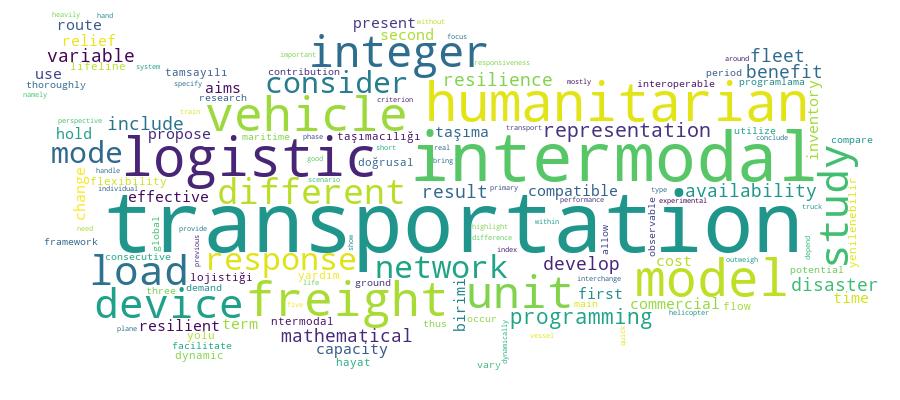Kavlak, Hasan
Loading...

Profile URL
Name Variants
Job Title
Öğr. Gör.
Email Address
Main Affiliation
Endüstri Mühendisliği
Status
Former Staff
Website
ORCID ID
Scopus Author ID
Turkish CoHE Profile ID
Google Scholar ID
WoS Researcher ID
Sustainable Development Goals
SDG data is not available

This researcher does not have a Scopus ID.

This researcher does not have a WoS ID.

Scholarly Output
2
Articles
1
Views / Downloads
414/1258
Supervised MSc Theses
1
Supervised PhD Theses
0
WoS Citation Count
8
Scopus Citation Count
8
WoS h-index
1
Scopus h-index
1
Patents
0
Projects
0
WoS Citations per Publication
4.00
Scopus Citations per Publication
4.00
Open Access Source
2
Supervised Theses
1
Google Analytics Visitor Traffic
| Journal | Count |
|---|---|
| Arabian Journal for Science and Engineering | 1 |
Current Page: 1 / 1
Competency Cloud


